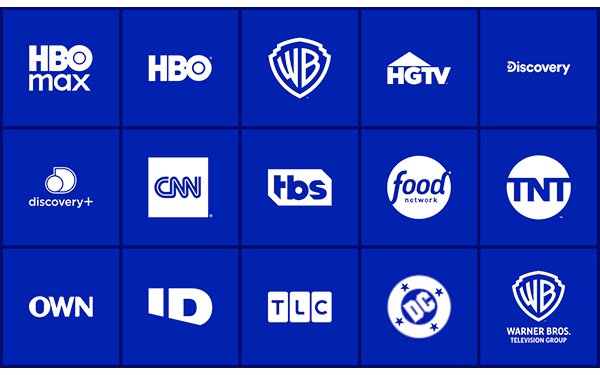
One long-held belief -- that major digital and technology
companies will be the saviors of buying legacy TV network and movie-based companies -- is slowly disappearing.
Modern technology companies -- Google, Meta Platforms, Microsoft, Apple, Amazon
-- are not in the hunt for legacy TV media encumbered with costly old-style entertainment distribution and marketing systems -- TV networks, TV stations, pay TV systems, movie theaters and the
like.
Does Amazon want to distribute dozens of cable TV channels in big, pricey packages?
Is Apple interested in buying a broadcast network? Is Meta interested in scooping up TV
station affiliates -- or legacy-owned local outlets?
Does Microsoft re-enter a partnership by starting up a news operation? (Does the cable channel MSNBC ring a bell?)
The answer
to all of this is obvious. However, developing premium storytelling content production through IP (intellectual property) is still a very valuable thing.
advertisement
advertisement
This is not to say there will not be
opportunities for those technology companies to adopt some attributes -- but that is attached to other contract deal points.
Netflix, for example, struck a content deal with French broadcaster
TF1 -- to put live and on-demand content onto its service. Why? Linear TV is still very strong in France.
The benefits for Netflix are that it will boost higher consumer engagement on the
streamer, something LightShed Partners media analyst Rich Greenfield pointed out
recently.
But they don’t need to buy a linear TV network, for example.
Still, looking at the broader picture, Greenfield believes that globally, if more engagement does not
occur internally (read that as higher viewing by its subscribers), Netflix will need to move to the next step -- and that will be buying something or someone.
This is similar to
the way Netflix refused -- for a long time -- to start up advertising-supported options as part of its service.
When it finally relented and started one in November 2022, it made what some say
were missteps in pricing and other areas -- including an advertising arrangement with Microsoft’s Xandr, its digital advertising/analytics service, in 2022.
In early 2024, Netflix
started transitioning away from that partnership.
One report says advertisers found viewership guarantees difficult, targeting options were limited, and CPMs were high with minimal
flexibility. In May 2024, it ended the partnership.
Since then it has been working on its own in-house platform, Netflix Ads Suite (NAS) -- which began testing in Canada in late 2024 -- with a
U.S. launch planned by the end of Q2 2025 and a global rollout by the end of 2025.
Perhaps, at best, this is what we might see from some large tech companies going forward -- looking to
perhaps buy up specific parts of the legacy TV ecosystem -- marketing, production -- to support its still growing video businesses.
But outright big pricey mergers and acquisitions? Those are
not really necessary.
All this may make current legacy-media owners -- and their existing stock market investors -- particularly nervous in the long term.